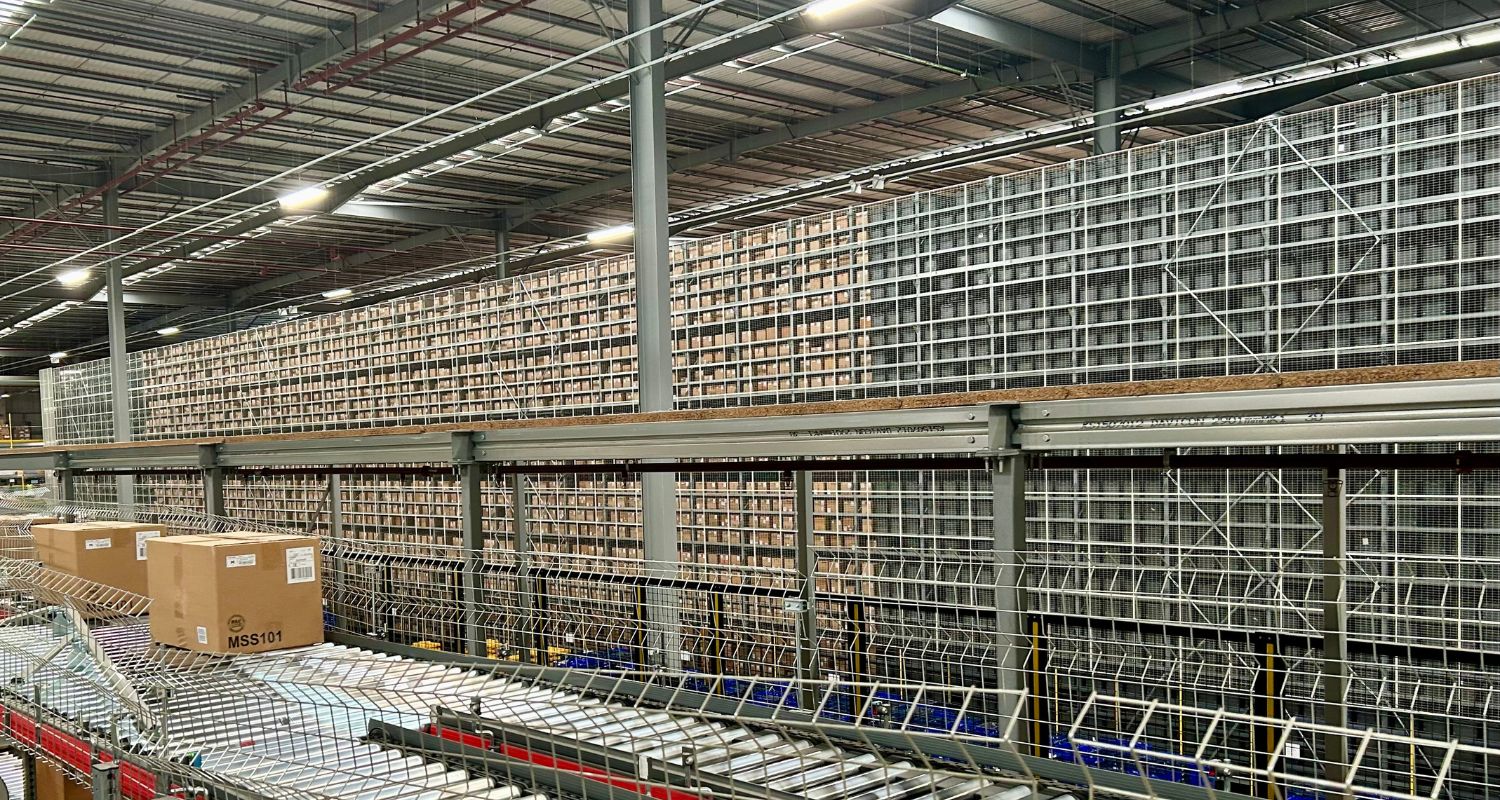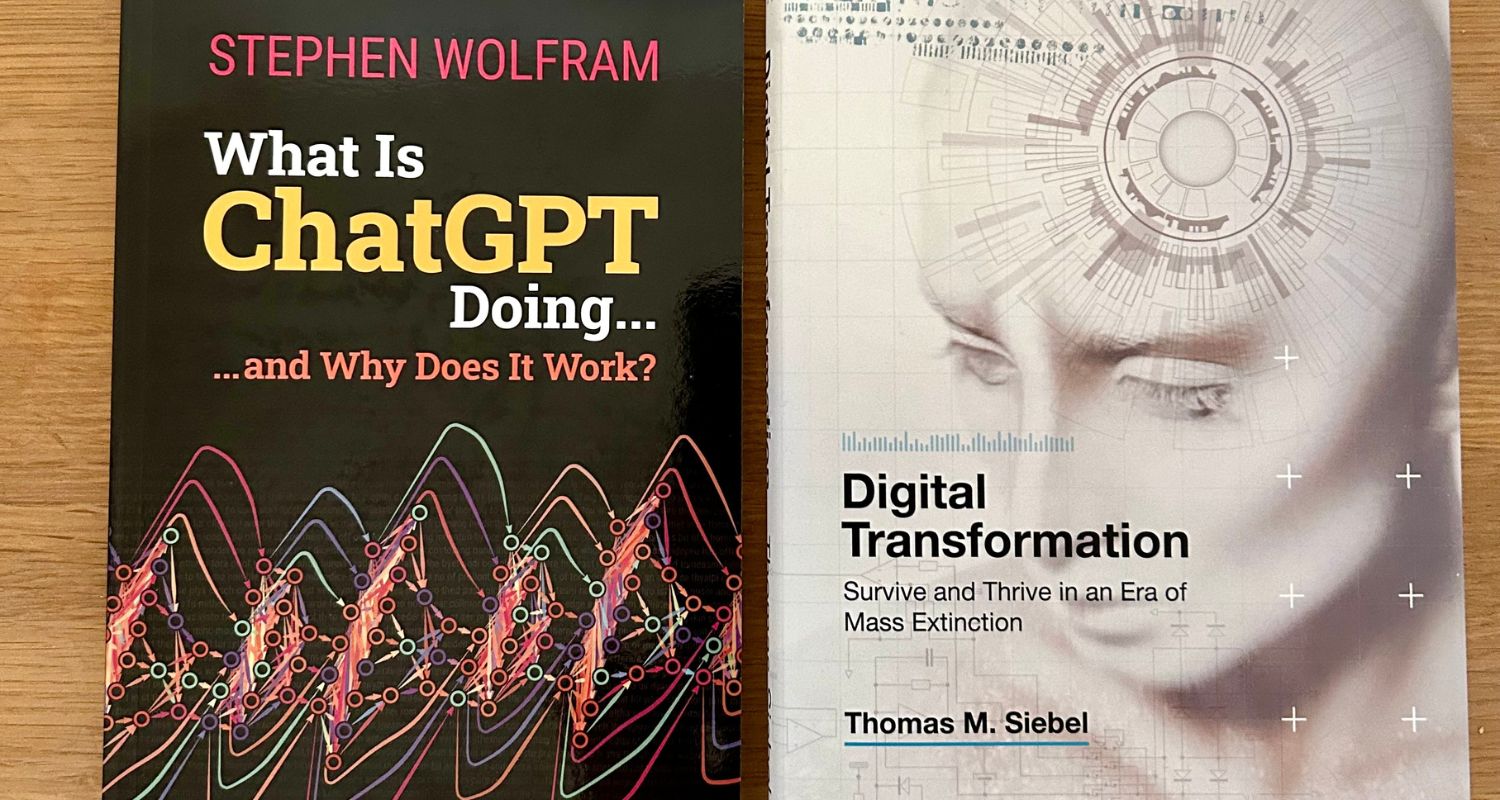
Post #33: A bigger part of the plate
We love talking about salmon as a future trend; it’s been a favoured theme of ours for some time. Think about it: it’s healthy, tasty and has a lower carbon footprint than many other comparable proteins. We were reminded of all this and more when we were lucky to meet with one of the industry’s experts earlier this week. Here is what we learned –
1: Salmon is “becoming a bigger part of the plate.” Global food consumption grows with wealth. However, fish (as a broad category) comprises just 5% of total protein consumption versus 36% for land-based animals and 59% from other sources, per the World Health Organisation. There is also a marked spread globally, with consumers in Nordic nations eating their way through over 6kg of salmon annually, but Americans consuming barely more than 1kg a year. The growing popularity of sushi and poké in the US combined with an increase in flexitarian lifestyles mean that salmon should become a “bigger part of the plate” (in the words of our contact), with demand in relatively under-penetrated countries gradually moving up to Nordic levels.
2: Watch China. Annual Chinese consumption of salmon is barely 100g/capita annually at present, with most preferring either pork or poultry in lieu of fish. This is changing. Some of the change is a function of urbanisation and a growing wealth effect. The other near-term dynamic at work is the impact of African swine fever, which has decimated the pork industry and so is driving increased near-term demand for salmon as a protein substitute. It is worth noting that trade relations between Norway (the biggest global exporter of salmon) and China have improved in recent months after a long period of difficulties. Growing demand and constrained salmon supply are highly supportive for industry pricing.
3: Improving disaster mitigation on the supply side. When considering that a health scare would be the worst thing that could possibly happen to the salmon industry, it is notable just how much the industry does to prevent such an outcome from occurring. In Norway, for example, supply (i.e. the awarding of farming licences) is heavily regulated to limit the risk of over-production and the potentially rapidly spreading of any disease outbreak. Elsewhere, operators are refining their feed mixes (to reduce infectious waste by-products), keeping their young salmon on land for longer (to reduce the spread of sea lice) and acquiring contiguous licences wherever possible (to gain more operational control).
Disclaimers
The document is provided for information purposes only and does not constitute investment advice or any recommendation to buy, or sell or otherwise transact in any investments. The document is not intended to be construed as investment research. The contents of this document are based upon sources of information which Heptagon Capital LLP believes to be reliable. However, except to the extent required by applicable law or regulations, no guarantee, warranty or representation (express or implied) is given as to the accuracy or completeness of this document or its contents and, Heptagon Capital LLP, its affiliate companies and its members, officers, employees, agents and advisors do not accept any liability or responsibility in respect of the information or any views expressed herein. Opinions expressed whether in general or in both on the performance of individual investments and in a wider economic context represent the views of the contributor at the time of preparation. Where this document provides forward-looking statements which are based on relevant reports, current opinions, expectations and projections, actual results could differ materially from those anticipated in such statements. All opinions and estimates included in the document are subject to change without notice and Heptagon Capital LLP is under no obligation to update or revise information contained in the document. Furthermore, Heptagon Capital LLP disclaims any liability for any loss, damage, costs or expenses (including direct, indirect, special and consequential) howsoever arising which any person may suffer or incur as a result of viewing or utilising any information included in this document.
The document is protected by copyright. The use of any trademarks and logos displayed in the document without Heptagon Capital LLP’s prior written consent is strictly prohibited. Information in the document must not be published or redistributed without Heptagon Capital LLP’s prior written consent.
Heptagon Capital LLP, 63 Brook Street, Mayfair, London W1K 4HS
tel +44 20 7070 1800
email [email protected]
Partnership No: OC307355 Registered in England and Wales Authorised & Regulated by the Financial Conduct Authority
Heptagon Capital Limited is licenced to conduct investment services by the Malta Financial Services Authority.



